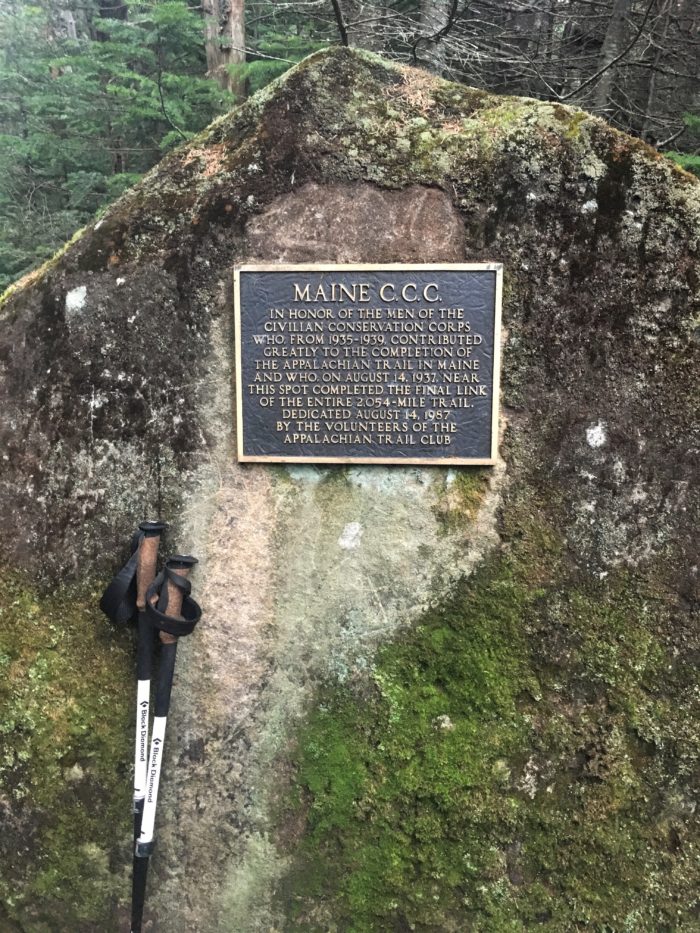Learning to Slow Down to Go Farther
There are two types of mountains to climb out here. To climb the first is to work in conjunction with the mountain; it is characterized by a push and pull, a give and take. The mountain pushes you to the point of being out of breath but before you reach this point it rewards you with a smoothing of the trail and a chance to catch your breath. After you recover it’s as if you’ve said, “OK, I’m ready for more,” because only then does the intensity of the climb heighten once more. When you reach the summit you feel pleased but know that you were never in any real danger of running out of gas. You pause to look around, snap a quick picture, and grab a sip of water before you continue on your way.
The second type of climb is characterized by a far more antagonistic relationship between you and the mountain. When you reach the point of breathlessness on its slope, the mountain does not yield to your calls for an easing of the terrain. No matter how crazy it may seem to the logical part of your brain, you dare not stop because as soon as you do you are bound to notice that the mountain seems to have grown during your momentary weakness. Surely there was not this much left to climb a minute ago? Only after the requisite offering of sweat does the mountain fulfill its side of the bargain and release the summit into your care.

And what a view it is! It’s the type that calls for your phone to remain in your pocket as no picture could possibly capture the full weight of this moment. Instead you choose to stand, chest heaving, drinking in the view sip by sip until you feel full once more and you move on. It’s the fragility and impermanence of the moment that causes you to linger – knowing that you can’t take it with you causes you to stay and drink deeply long after you’ve recovered your breath.
And it was after one such climb that I knew something was amiss. I did not linger, I did not feel the sense of peace that follows a bout of type two fun. Instead I groaned at the sight of the sign reminding me that nine miles still remained to the shelter I had planned to stop at that night, and I felt tired. Not the shallow type of tired that follows working hard during a long climb but rather the type of tired you feel deep inside from having asked too much of your body, having repaid too little; my mental-emotional bank account was too deep into the red.

Over these first two weeks or so the focus has become too much about the numbers: how many miles had I covered today? How many peaks bagged? How much farther than so and so had I gone? How far to Andover? New Hampshire? Georgia? All the things that had brought me out here in the first place had been forgotten, my body abused, and so I resolved that when I reached Maine Highway 4 I would hitch a ride into Rangeley rather than continue on to Andover.
Many of the northbounders I chatted with in passing had told me I would learn a lot these first few weeks, but I naively assumed the subject material would be restricted to all things backpacking. Surely their advice to start slowly applied to others but not to me? Now as I sit in this little town park by the side of the lake with my swollen toes in the grass, I can’t help but wonder what it was that I was running to or running from. Restless by nature, I find solace in doing and anxiety and discontent in idleness, but Georgia will remain unattainable if I cannot see these days of rest as just as important to the process as however many miles I hike in a given day. So today I rest and it feels good.
This website contains affiliate links, which means The Trek may receive a percentage of any product or service you purchase using the links in the articles or advertisements. The buyer pays the same price as they would otherwise, and your purchase helps to support The Trek's ongoing goal to serve you quality backpacking advice and information. Thanks for your support!
To learn more, please visit the About This Site page.


Comments 1
I think we passed you as you were hitching a ride to Stratton! We were the ones who stopped to apologize for not picking you up since you were right at our trailhead. Wise words here – slowing down is good. Trust us old folks. Your body will thank you and your journey south will be better for it.
Happy trails,
Sir Ed and Tenzing